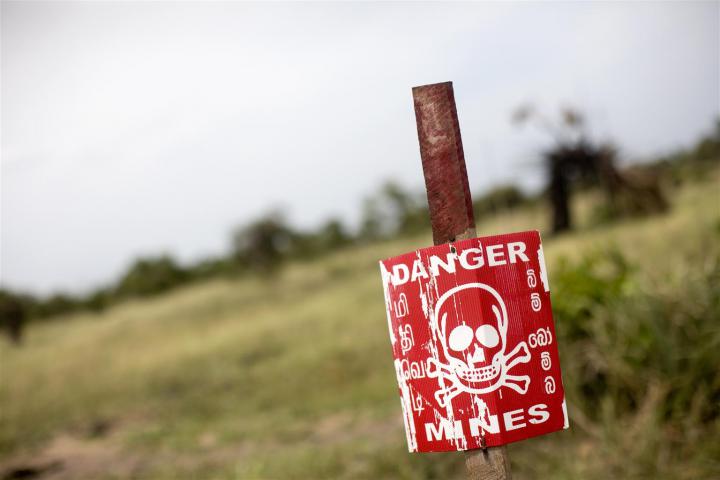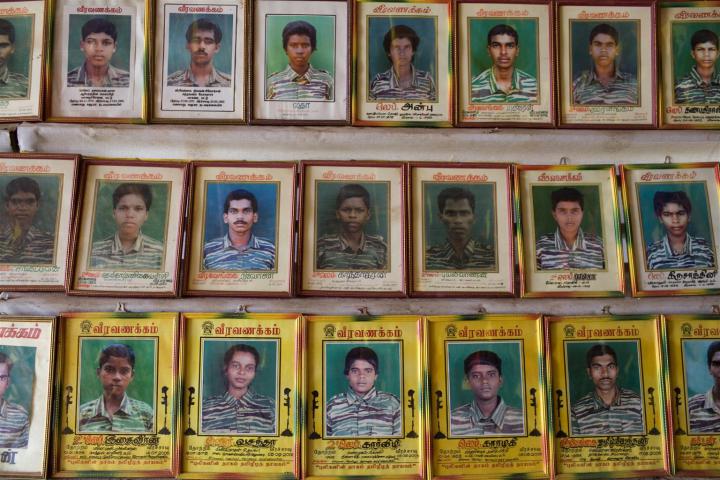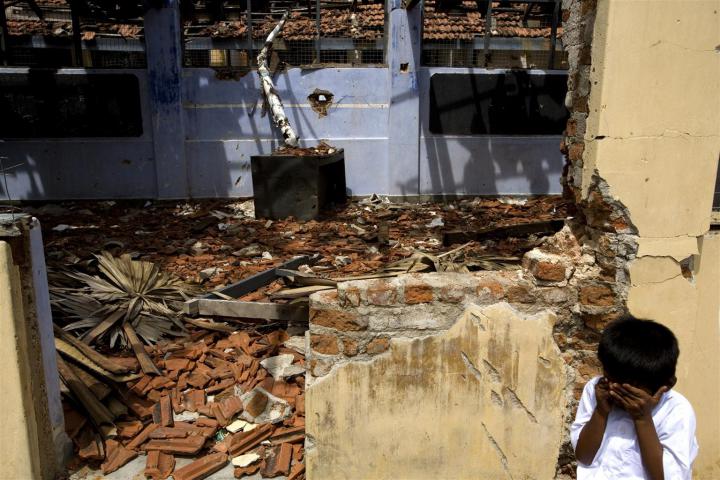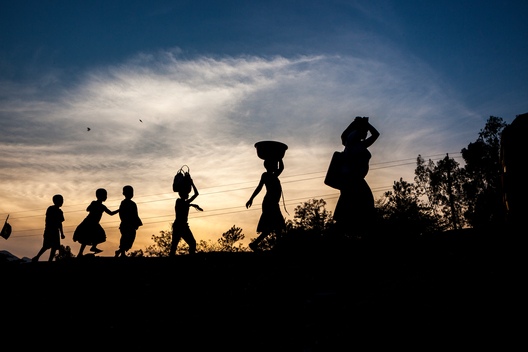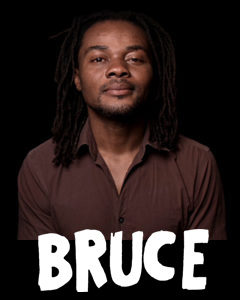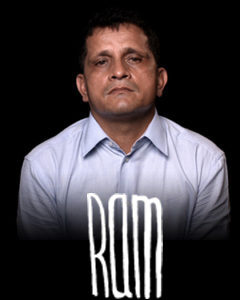Disasters & Conflicts: Sri Lanka. Civil war, 1983-2009
Tamil rebels launch a battle to create their own state and carry out regular attacks, including suicide attacks. The army hits back hard.

Sri Lanka. Civil war, 1983-2009
Country: Sri Lanka
Period: 1983-2009
Type of conflict: Civil war and ethnic conflicts
Conflict: Government army and Tamil militants fight a protracted and bloody war for control
Parties involved: Government of Sri Lanka (Buddhist and Sinhalese), Tamil Tigers (Hindu and Tamil)
Estimated number of victims: 70,000-90,000 deaths; 350,000 displaced people; and 1 million refugees
Between 1983 and 2009, war rages between the Sri Lankan government and the Tamil Tigers, rebels who represent the Tamil people. The Tamils are Hindus who live in the north and east of the country and account for 18 percent of the population. Making up 75 percent of the population, the Buddhist Sinhalese people form a large majority. After increasing conflicts between the two groups, the exclusion of the Tamils from the Sri Lankan parliament in the early 1980s makes matters worse. Tamil rebels launch a battle to create their own state and carry out regular attacks, including suicide attacks. The army hits back hard. The Tamil Tigers collect money from refugees abroad to fund their struggle. The civil war ends in May 2009 when the the Sri Lankan army defeats the Tigers.
A protracted conflict between two ethnic groups triggers the war on the heavenly island of Sri Lanka. It is a conflict about power, exclusion and top jobs. The British colonists show preferential treatment to the Tamils initially. After independence in 1948, the Sinhalese and Tamils promise to work together, but the Sinhalese majority increasingly decides what happens. In 1983, tensions and violence between the two groups result in all-out civil war. Tamils fight for a separate state of their own called Tamil Eelam in the north of Sri Lanka. The number of tourists visiting the island falls constantly owing to the conflict, especially when Tamil rebels blow themselves up on the streets of the capital. Sri Lanka loses a lot of income as a result.

